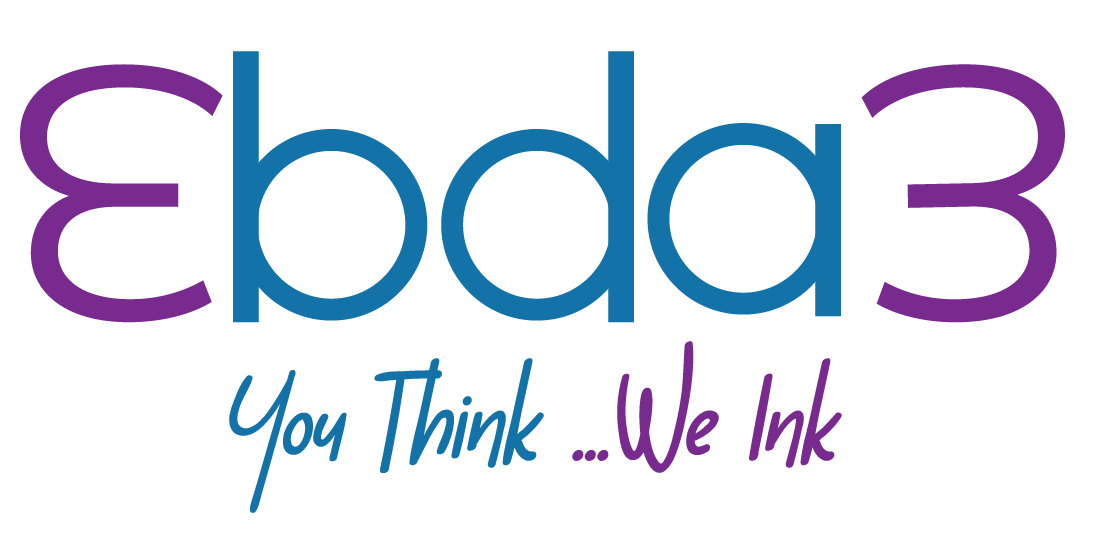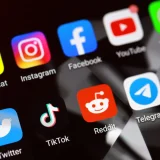The Future of Social Media in Education

As we stand on the precipice of a new era in education, one thing remains clear: the role of social media is set to redefine how we teach, learn, and interact. This blog post aims to illuminate the future of social media in education, exploring emerging trends, technological innovations, and the potential impacts on both educators and students. Join us as we delve into the exciting possibilities and challenges that lie ahead.
The Dawn of Immersive Learning
One of the most promising developments in the intersection of social media and education is the advent of immersive learning technologies. Virtual Reality (VR) and Augmented Reality (AR) are poised to revolutionize the way students experience education. Imagine stepping into a historical event or exploring the inner workings of a complex machine right from the comfort of your classroom. Such immersive experiences not only make learning more engaging but also reinforce concepts through hands-on interaction.
Artificial Intelligence and Personalization
Artificial Intelligence (AI) is another game-changer in the realm of social media for education. AI-driven platforms can analyze student behavior, preferences, and performance data to tailor learning experiences uniquely to each individual. This level of personalization allows educators to address the unique needs of every student, fostering a deeper understanding and engagement with the material. Moreover, AI can automate administrative tasks, freeing up time for teachers to focus on what matters most: teaching and mentoring.
Global Collaboration Reimagined
Social media has always been about connecting people across borders. In education, this connectivity is set to become even more powerful. With the rise of global classrooms facilitated by social media, students from different corners of the globe can collaborate on projects, share insights, and learn from each other’s cultures and perspectives. This global exchange fosters empathy, broadens horizons, and prepares students for a world where cross-cultural understanding is paramount.
Addressing the Digital Divide
While the future of social media in education holds immense promise, it also presents challenges, particularly in addressing the digital divide. Ensuring equitable access to these advanced educational tools is crucial. Governments, educational institutions, and tech companies must work together to bridge the gap between those who have access to these resources and those who do not. This includes providing affordable internet access, devices, and training to ensure that no student is left behind.
Ethical Considerations and Data Privacy
As social media becomes increasingly integrated into education, ethical considerations and data privacy become paramount. Schools and educators must be vigilant in protecting student data, ensuring that privacy rights are upheld, and that the use of social media aligns with educational goals. Transparency, consent, and responsible data handling are key principles that must guide the implementation of social media in educational settings.
Conclusion
The future of social media in education is bright, filled with opportunities for innovation, personalization, and global connection. However, it is also fraught with challenges that require thoughtful consideration and action. By embracing these technologies responsibly and equitably, we can harness their power to transform education, making it more engaging, accessible, and globally connected than ever before.
In conclusion, the future of social media in education is not just about adopting new tools; it’s about redefining what education means in the digital age. As we navigate this future, let’s strive to make education more inclusive, personalized, and impactful, preparing our students for a world that demands creativity, critical thinking, and a deep understanding of our interconnectedness.





